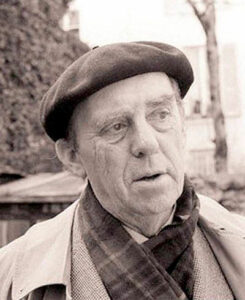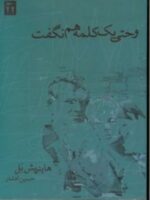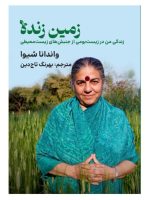
Heinrich Theodor Böll; 21 December 1917 – 16 July 1985) was one of Germany’s foremost post-World War II writers. He was awarded the Georg Büchner Prize in 1967 and the Nobel Prize for Literature in 1972.
Böll was born in Cologne, Germany, to a Roman Catholic and pacifist family that later opposed the rise of Nazism. Böll refused to join the Hitler Youth during the 1930s. He was apprenticed to a bookseller before studying German studies and classics at the University of Cologne.
Conscripted into the Wehrmacht, he served in Poland, France, Romania, Hungary and the Soviet Union.
In 1942, Böll married Annemarie Cech, with whom he would have three sons; she later collaborated with him on a number of different translations into German of English language literature.
During his war service, Böll was wounded four times and contracted typhoid. He was captured by US Army soldiers in April 1945 and sent to a prisoner-of-war camp.
After the war he returned to Cologne and began working in his family’s cabinet shop and, for one year, worked in a municipal statistical bureau, an experience which he did not enjoy and which he left in order to take the risk of becoming a writer instead.
Böll became a full-time writer at the age of 30. His first novel, Der Zug war pünktlich (The Train Was on Time), was published in 1949. He was invited to the 1949 meeting of the Group 47 circle of German authors and his work was deemed to be the best presented in 1951.
His work has been translated into more than 30 languages, and he remains one of Germany’s most widely read authors. His best-known works are Billiards at Half-past Nine (1959), And Never Said a Word (1953), The Bread of Those Early Years (1955), The Clown (1963), Group Portrait with Lady (1971), The Lost Honour of Katharina Blum (1974), and The Safety Net (1979).
Despite the variety of themes and content in his work, there are certain recurring patterns: many of his novels and stories describe intimate and personal life struggling to sustain itself against the wider background of war, terrorism, political divisions, and profound economic and social transition. In a number of his books there are protagonists who are stubborn and eccentric individualists opposed to the mechanisms of the state or of public institutions.
Böll was a devoted pacifist because of his experiences during WWII. All of his writing and novels during the post-war years had to do with the war and making sure it never happened again. He encapsulated it in the phrase “never war again”.
(From: Wikipedia)











